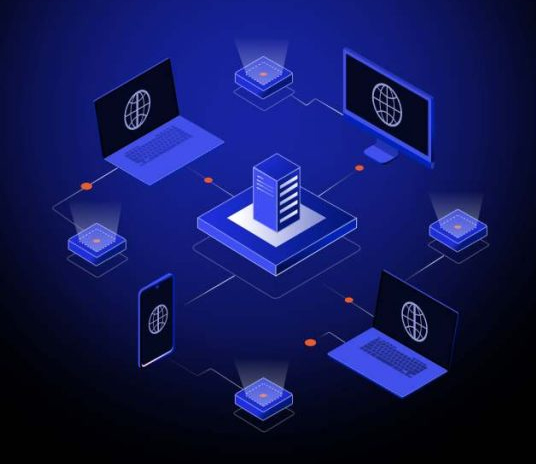Blockchain
Blockchain is a distributed and decentralized digital ledger technology that records transactions across multiple computers in a way that ensures security, transparency, and immutability.
Decentralization
The blockchain network operates on a peer-to-peer basis, without a central authority, making it highly resistant to fraud and censorship.
Security
Transactions are cryptographically secured, making it extremely difficult to alter or forge record.
Transparency
The ledger is accessible to all participants, enhancing transparency and trust.
Immutability
Once data is recorded on the blockchain, it is nearly impossible to change, ensuring the integrity of the record.
Use cases : Blockchain technology is used in various fields, including cryptocurrency (e.g., Bitcoin), supply chain management, finance, healthcare, and smart contracts.
Decentralization
Decentralization refers to the distribution of power, control, and decision-making across a network or organization, reducing the reliance on a single central authority.
Distributed Authority
In a decentralized system, decision-making authority is shared among multiple nodes or participants, reducing the risk of single points of failure or corruption.
Resilience
Decentralized systems are more resilient and robust because they are less susceptible to disruptions or attacks on a central point.
Empowerment
Decentralization can empower individuals and communities by giving them more control over their data, assets, and resources.
Uses of Decentralzation
- Blockchain
- Cryptocurrencies
- P2P file sharing
- Decentralized Autonomous Organisations ( DAOs)
In nutshell, Decentralization and blockchain are closely related concepts, as blockchain is a technology that enables decentralization in various applications, fostering trust, security, and transparency in a wide range of industries.

